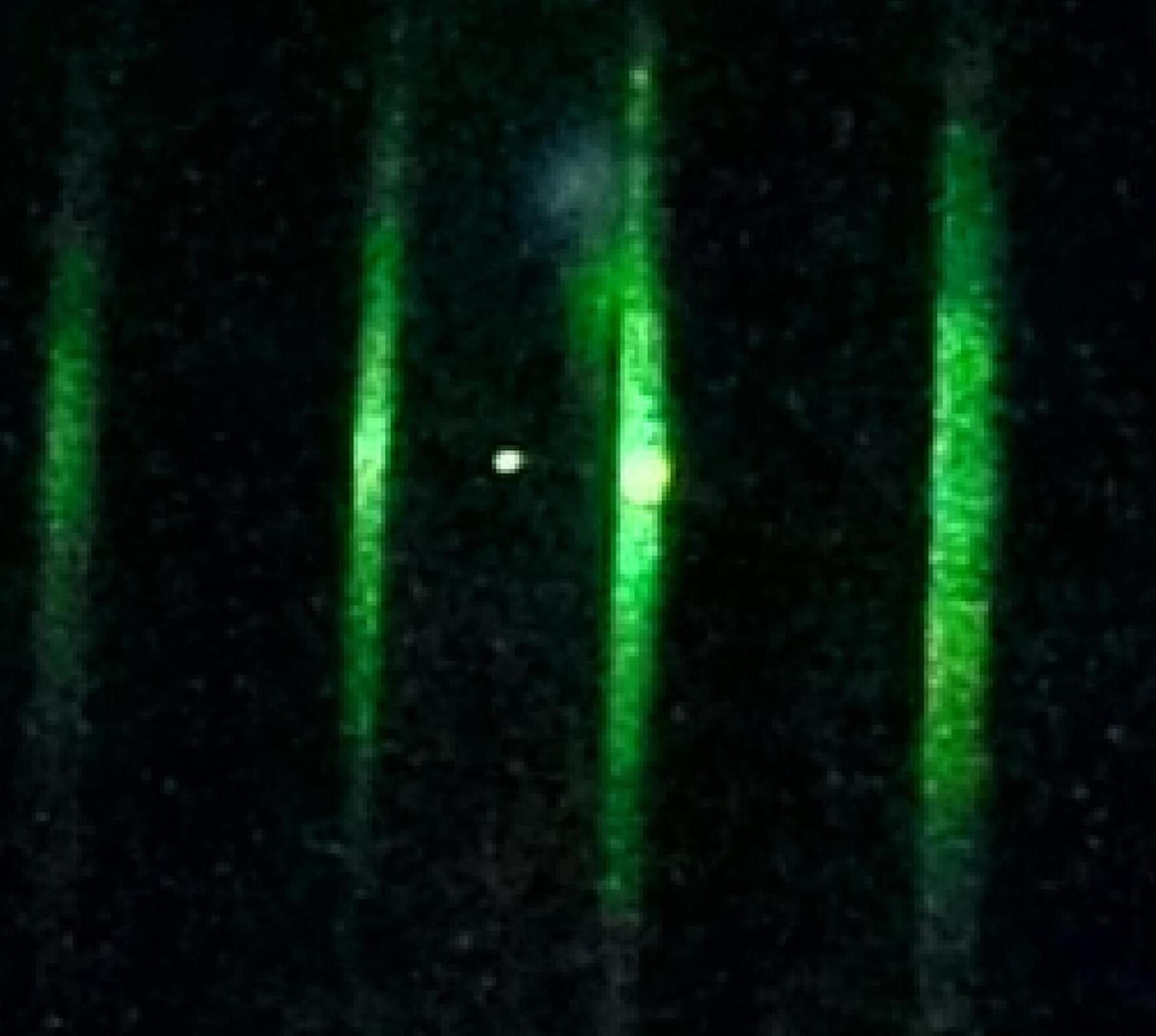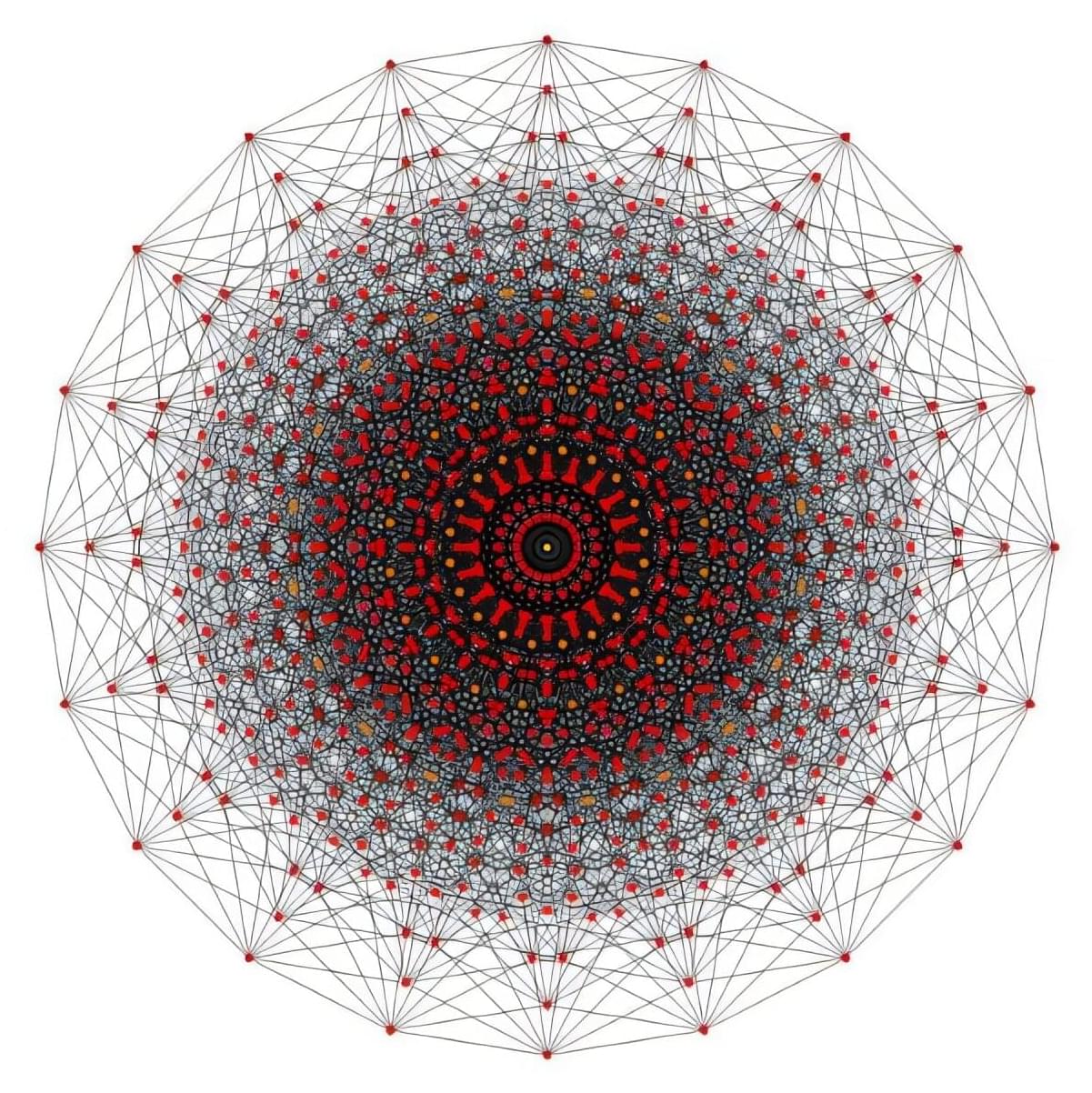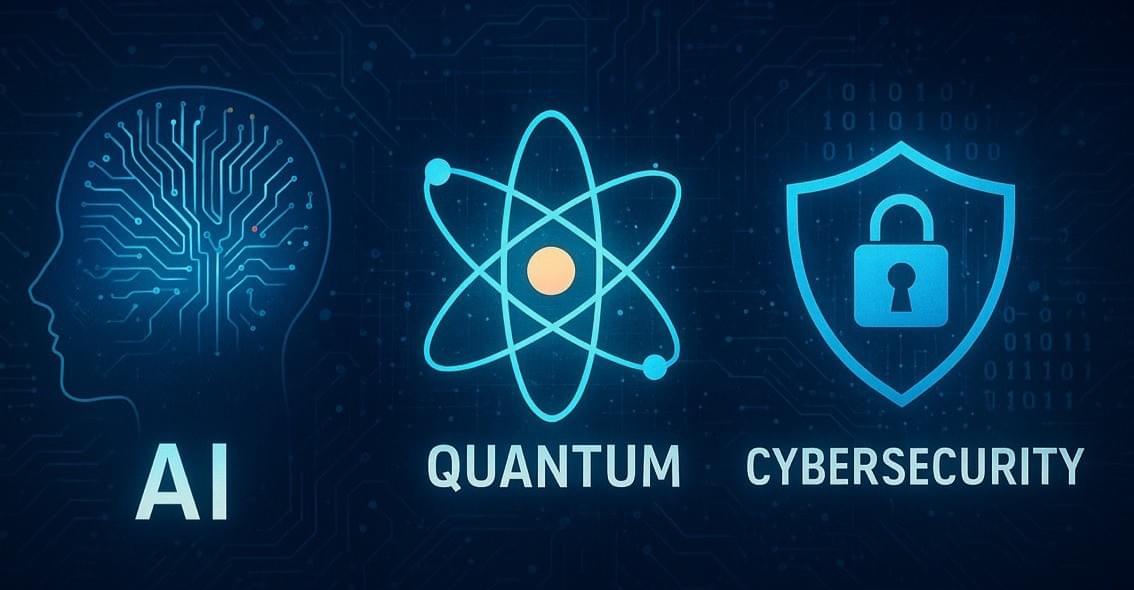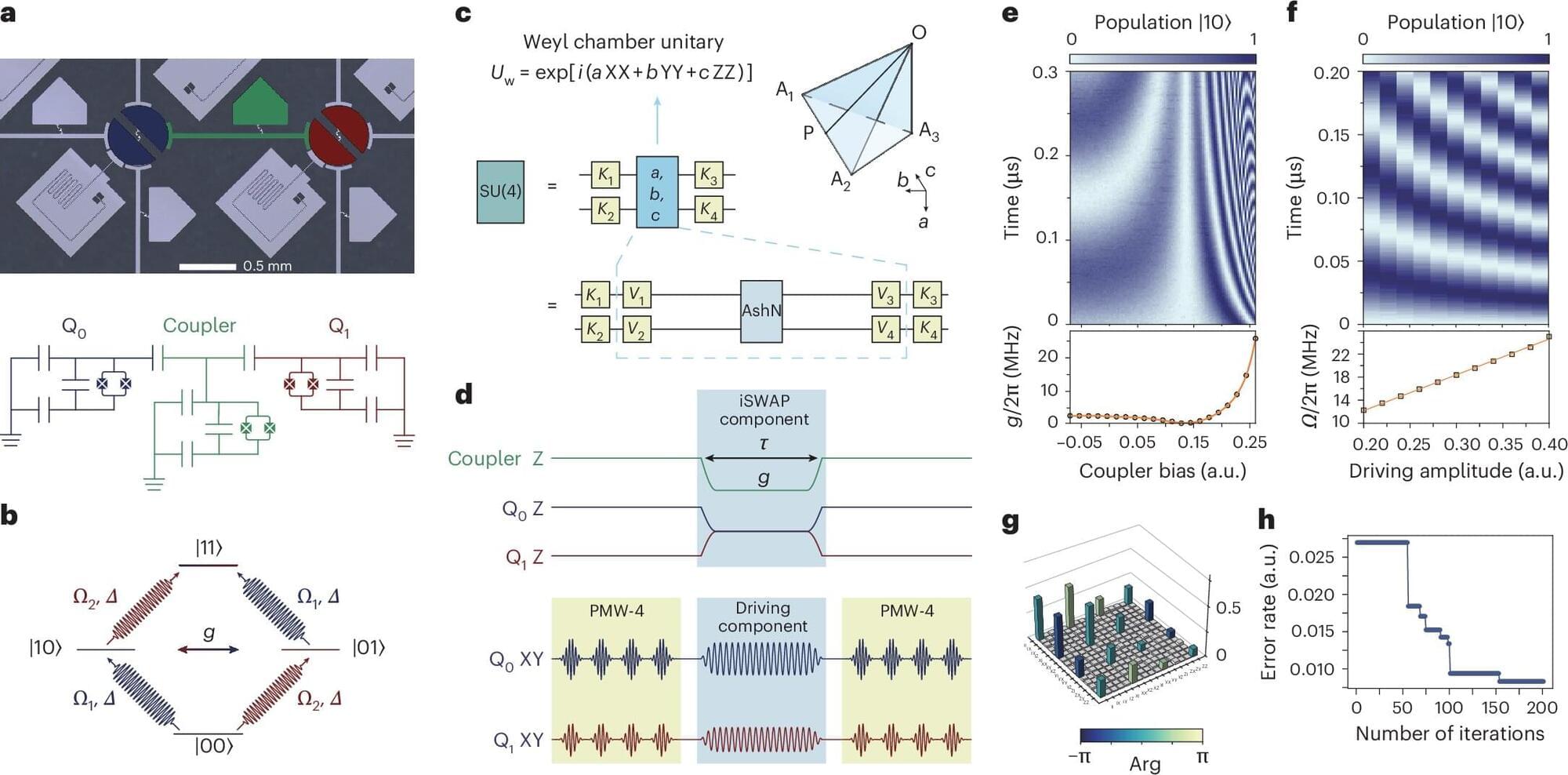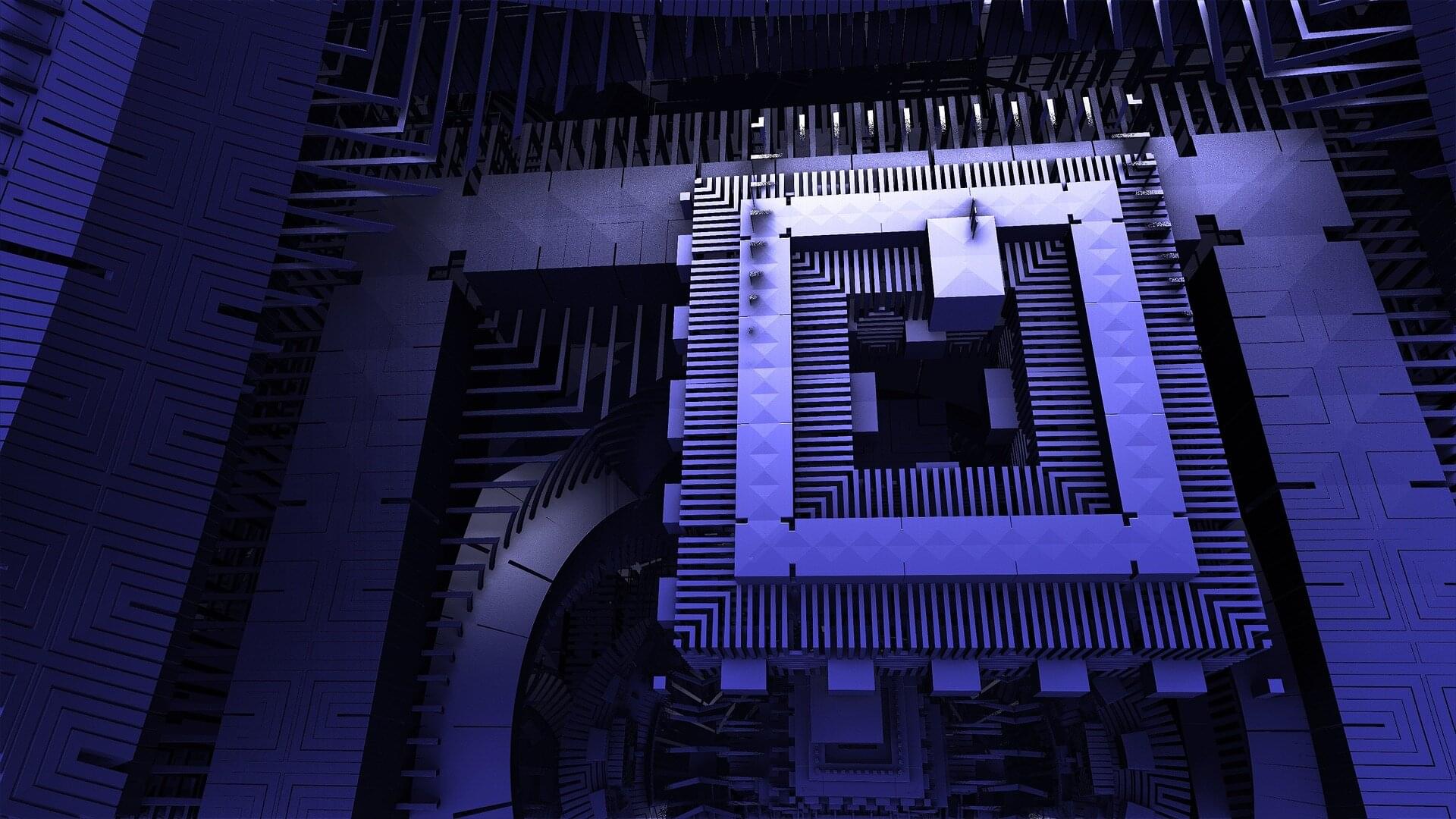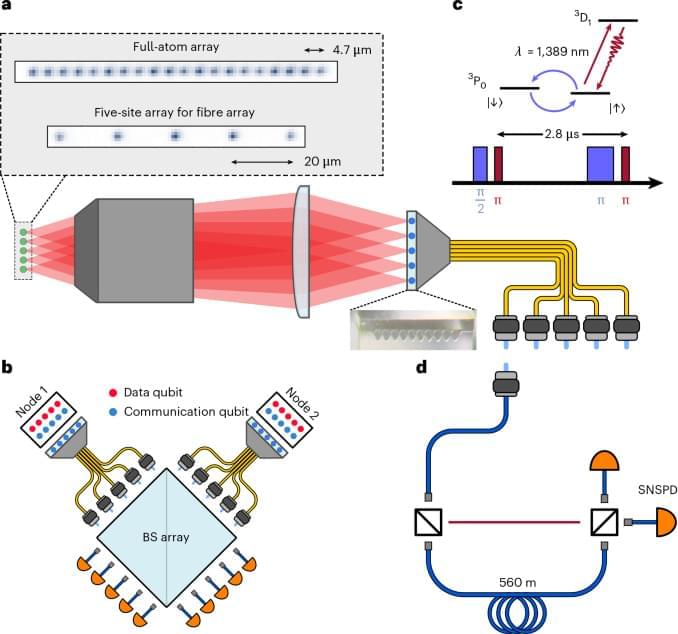Researchers Mitsuyoshi Kamba, Naoki Hara, and Kiyotaka Aikawa of the University of Tokyo have successfully demonstrated quantum squeezing of the motion of a nanoscale particle, a motion whose uncertainty is smaller than that of quantum mechanical fluctuations.
As enhancing the measurement precision of sensors is vital in many modern technologies, the achievement paves the way not only for basic research in fundamental physics but also for applications such as accurate autonomous driving and navigation without a GPS signal. The findings are published in the journal Science.
The physical world at the macroscale, from dust particles to planets, is governed by the laws of classical mechanics discovered by Newton in the 17th century. The physical world at the microscale, atoms and below, is governed by the laws of quantum mechanics, which lead to phenomena generally not observed at the macroscale.
